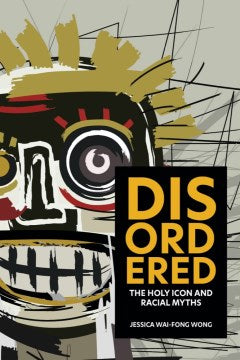
Disordered
Publisher,Baylor Univ Pr
Publication Date,
Format, Hardcover
Weight, 517.09 g
No. of Pages, 222
Archetypes of race loom large within the Western imagination. The Black population, in particular, has often been pictured as inherently disordered, and their presence thought to have a disordering effect--indeed, their presence has been seen as a threat to civilized society. It is this perceived threat of Blackness that has fueled America's long history of discrimination and oppression. At the heart of this racialized way of seeing is a significant theological assertion: that one's internal state can be discerned through the external attributes of the body. In the Byzantine era, the holy icon was thought to reflect the proper order of God; those who rejected the icon rejected God's order. The supposedly deficient bodies of those who rejected the holy order of God functioned as a warning sign. Using the framework of icon theology, Disordered explores the relationship between non-white, as well as non-masculine, bodies and civilized society at key moments in the development of modernity. Jessica Wai-FongWong demonstrates how the archetype of (male) whiteness has come to define proper social order. The veneration of the white man as holy ideal wields significant power over the formation of subjects and the shaping of society. In this case, worship of whiteness in general, and white masculinity in particular, functions as the sacred ground upon which the oppressive structures of Western society are built. The iconic reading of race offered here not only creates an opportunity for analysis but also opens up a space for constructive christological intervention that confronts the troubled practices at the heart of racialized sight. Jesus invites all people into a different way of seeing, one that shatters the distorting and destructive assumptions embedded within the dominant racial logic. By learning to see Jesus, the true icon of God, we learn to see rightly. And, when we see rightly, the order defining our identity and relationality is redeemed.

